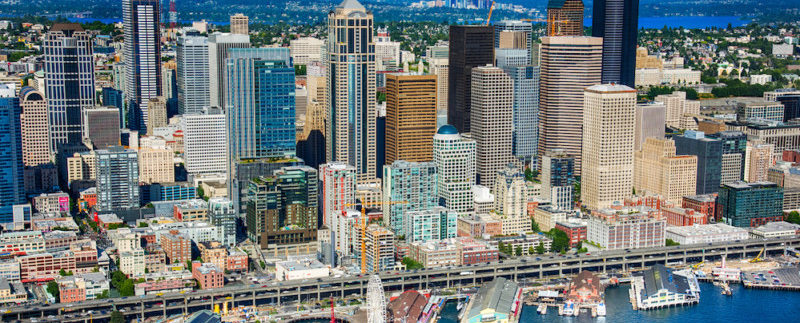Five Cities Account for Vast Majority of Growth in Tech Jobs, Study Finds

Five Cities Account for Vast Majority of Growth in Tech Jobs, Study Finds

Art Wager/iStock
The forces that are driving the nation’s top technology talent to just a handful of cities have intensified in recent years, leaving much of the nation behind as the U.S. becomes a more digital economy, according to a new study.
Just five metropolitan areas—Boston; San Diego; San Francisco; Seattle; and San Jose, Calif.—accounted for 90% of all U.S. high-tech job growth between 2005 to 2017, according to the research by think-tank scholars Mark Muro and Jacob Whiton of the Brookings Institution and Rob Atkinson of the Information Technology and Innovation Foundation.
The nation’s 377 other metro areas accounted for 10% of the 256,063 jobs created during that period in 13 high-tech industries such as software publishing, pharmaceutical manufacturing and semiconductor production. Among the smaller cities that gained tech jobs were Madison, Wis.; Albany, N.Y.; Provo, Utah; and Pittsburgh.
The result is increased concentration of high-tech resources in just a few places and a strengthening of economic forces that are dividing the nation.
Tech industries find they are most productive when they have resources clustered in few places. Such clustering—which economists call “agglomeration”—allows for the fast spread of new ideas and a concentrated talent pool from which businesses recruit. The forces of agglomeration, economists say, run counter to the idea that technology might allow people to work from anywhere, even in remote places.
The trend is creating problems for the cities that have these concentrations of workers and for those places that don’t. High-tech cities like San Francisco and Boston are becoming increasingly unaffordable as home prices soar, while cities outside of these high-tech hubs are missing out on the dynamism that technology creates, Mr. Muro said.
“The superstar places are becoming extremely expensive, choked with traffic and struggling with big social costs like inequality gone wild and homelessness,” Mr. Muro said.
The authors looked at industries with high concentrations of research and development spending and high concentrations of workers with degrees in science, technology, engineering and math.
Some big cities were left behind. Combined, the Washington, D.C., metro area; Dallas; Philadelphia; Chicago; and Los Angeles lost more than 45,000 high-tech jobs between 2005 and 2012, according to the study. Many small cities across the heartland also lost tech jobs.
Mr. Muro noted that the Washington area will likely make up for the loss with the addition of an Amazon.com Inc. headquarters, but others run the risk of falling further behind in the race for tech talent.
“Whole portions of the nation may now be falling into ‘traps’ of underdevelopment,” the report said.
The report calls for a national effort to support technology investment in areas outside of the big centers, featuring federal government spending of $100 billion on research and development, workforce development, tax benefits and other programs over 10 years in the nation’s heartland.
“There are tremendous inefficiencies with the status quo,” Mr. Muro said.
The post Five Cities Account for Vast Majority of Growth in Tech Jobs, Study Finds appeared first on Real Estate News & Insights | realtor.com®.
Source: Real Estate News and Advice – realtor.com » Real Estate News
